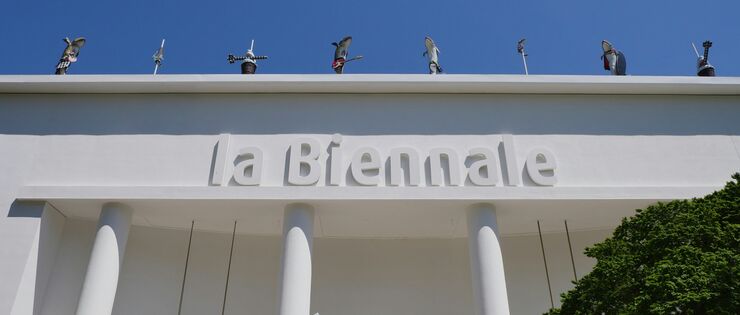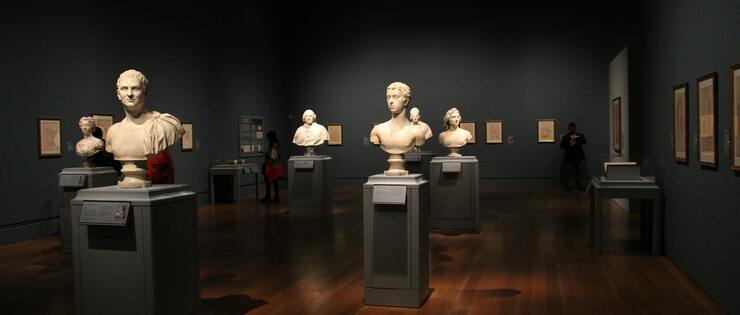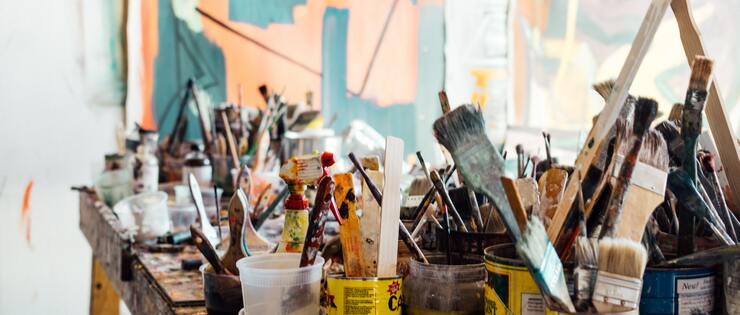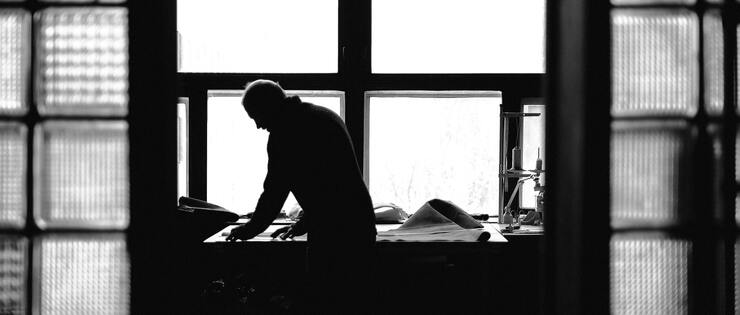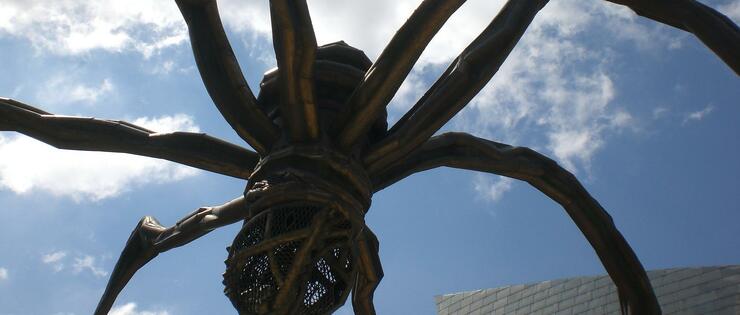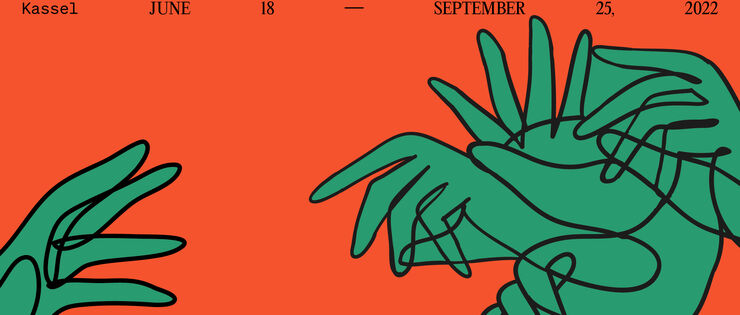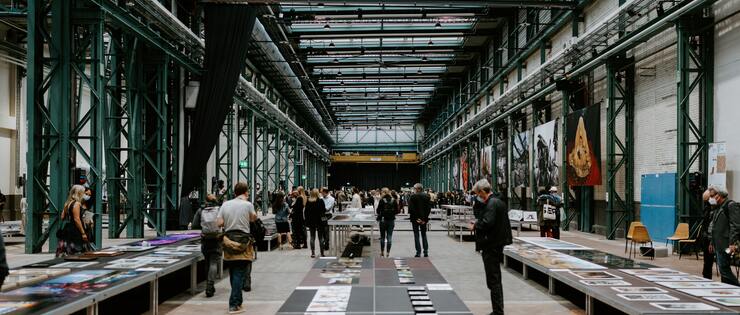Art does politics – but this does not only refer to the work. Art politicizes itself not only through its creator. The scene also reproduces injustices of which it is not always aware. Nevertheless, those who are involved discuss in public: Who does an artwork belong to? Is it necessary to have a women's quota? What can art contribute to climate protection? Who is involved in sponsoring museums and galleries? Controversies that the Art.Salon does not want to let go unnoticed.
What creative ideas are there for sustainability and climate protection in the art world?
While artists have been addressing the issue of climate change in their work for years, the art industry as such has been quiet for a long time. With the Corona crisis, problems have now come to light whose solutions can have a positive impact on the climate crisis as well.

Ongoing discussions about the restitution of cultural artefacts in Germany
Although former colonial powers such as Germany, France or Great Britain have been dealing with the restitution of cultural artefacts for some time, this process is far from complete. The uneven claim of different institutions within Germany to deal with the matter shows how ambivalently the matter is handled: While a central contact point for collection material begins its work, the recently opened Humboldt Forum exhibits the much debated Benin bronzes, in the same year. The entire discussion seems to be guided less by the fact that around 90 per cent of the cultural heritage of the entire African continent is in the possession of European museums, and rather by the specific circumstances of the individual institutions. To avoid this, the idea for the contact point was born two years ago in October - but what has happened since then?

How underrepresented are women in the arts really?
It's hard to deny that the gender pay gap exists - and it doesn't stop at the art industry. Despite the widespread opinion that women are actually relatively common in the creative scene, there is, as is so often the case, an imbalance in favor of men. But is this really only reflected in the fees paid? Figures, data and facts clearly reveal how differently the genders are represented, but what is often missing are insights into the causes and, above all, solutions.

Sabine Schormann: an overdue step?
In contrast to previous events, documenta fifteen made almost exclusively negative headlines with its opening. The banner installation People's Justice by the Indonesian collective Taring Padi shocked with anti-Semitic imagery. Excuses, apologies and restraint on the part of those involved now culminate in the resignation of (ex-)general director Schormann. Was this long overdue?







